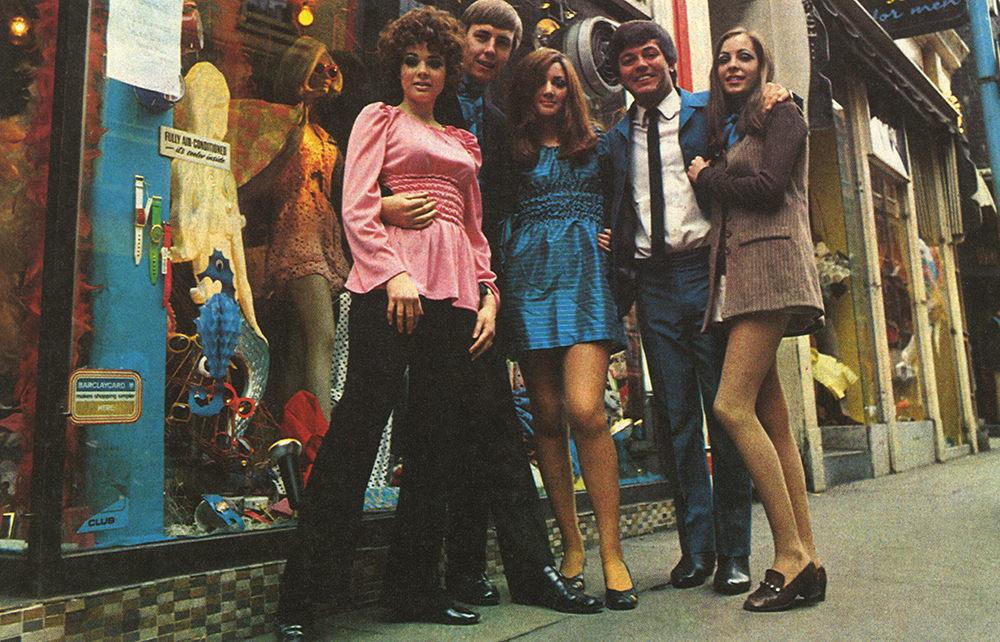When 15-year-old Marianne Clifford tells her parents that she is in love with 18-year-old Simon Hurst, her mother dismisses it as a schoolgirl crush and her father tells her that she is far too young for a boyfriend and should concentrate on her own life ‘as befits a girl of your age and upbringing’.
It is precisely because of her age and upbringing that Marianne meets Simon at one of the Home Counties ‘hops’ that her parents’ circle organises for their adolescent offspring. Ignoring the boys who ‘stood awkwardly in a line sipping cider cup’ and ‘jigged around in an embarrassing way’, she drives off in Simon’s new Morris Minor and loses her virginity on the back seat.
Although the aftermath of concealing her stained dress from her parents lingers in her mind as long as the act itself, Marianne is utterly besotted with Simon, insisting that she will love him ‘absolutely and forever’. She devotes her every waking thought to him, unable to eat or do her schoolwork, ‘so burdened with my obsession with Simon that I was afraid of becoming an imbecile’.
Tremain dissects the emotions of this Middle England Juliet with her customary forensic skill. She expertly captures her self-dramatising romanticism, as when she envisages a dual suicide, in which they ‘would ascend to heaven together in the pale blue Morris Minor with my head lying on Simon’s lap’.
Needless to say, there is no tragic climax to this romance but merely an abrupt ending when Simon, having failed his Oxford entrance exams, moves to Paris where he impregnates and marries his landlady’s daughter. Marianne, however, remains true to him through the remainder of her schooldays, her undistinguished time at secretarial college and a more successful (and, in Tremain’s account, highly amusing) stint as assistant to an agony aunt, while enjoying the dubious delights of bed–hopping during the year Philip Larkin defined as the ‘Annus Mirabilis’.
It is hard to give an accurate picture of this delicate, generous-hearted novel without revealing the details of two unexpected events, which readers should be allowed to discover for themselves. The first occurs when Marianne is holidaying in Cornwall with her aimable but uninspiring husband Hugo Foster-Pellisier (their pet names for one another, Yeti and Anthracite, tell us everything we need to know about their relationship). The second occurs at the end of the novel, after Simon returns from France.
When Marianne’s school friend Petronella is first shown a photograph of Simon, she sees something in it that frightens her. Although in many ways the voice of reason in the novel, she is mistaken when she tells Marianne that: ‘Men don’t love like you’ve loved. They love in relays. One and then another and then another.’
Marianne discovers that some men not only love as intensely as she does but use the same phrase to describe their commitment: ‘absolutely and forever’. The painful irony, as Tremain delineates with both wisdom and warmth, is that such loves are rarely compatible.






Comments